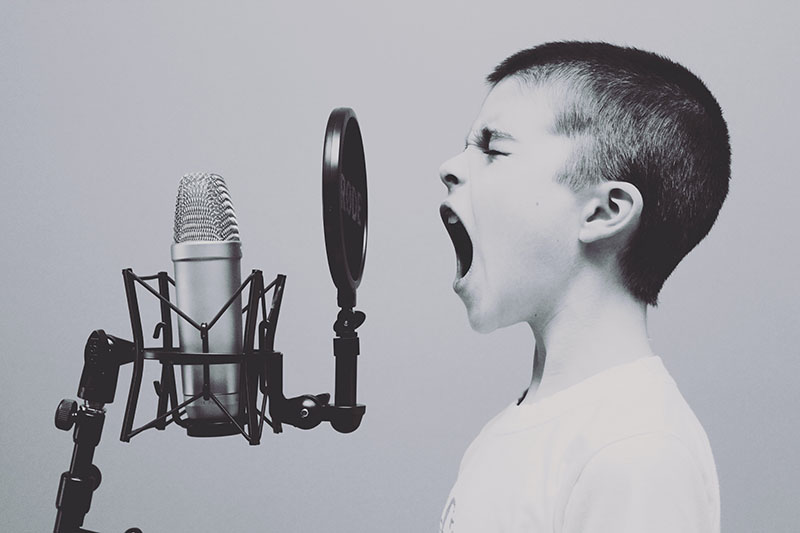It often seems a constant struggle – finding your voice in order to write, or to pursue just about any creative endeavor. Groping for a strategy that works is perilous. I think the first misstep is considering this voice as something separate from you. The conclusion that I have cobbled together is that the voice is a creative extension of your own authentic voice – there’s ideally no daylight between that running monologue inside your head and what gets put down on the page, or the canvas, or the stage. It is a reflection of personality. Before scrambling after a conjured voice, something that sounds better than the one already inside of you, find a way to look objectively at that running monologue, that interior voice in your mind. Do you even like that voice? This assessment might be uncomfortable – for that voice might be unnecessarily critical, a bit too loopy, or even just not that distinctive. In response, you have to figure out how to cozy up to it and convince it to make some adjustments. Although not necessarily a swift solution, this voice can be honed with the constant application of craft. Your thoughts subtly shift with practice, following some sort of regular engagement with your creative pursuit. Then the voice finds a way to become more aligned with what you wish it to be. Make that voice inside your head a close companion, something that you enjoy, at least from time to time. With each hour spent at the writing desk or the easel, a shift will inevitably occur with the tone of that interior voice. The transformation might even surprise you. Perfection cannot be achieved here – but we can at least stumble toward a better relationship with that voice and then see some strides forward with creative expression.
Photo by Jason Rosewell on Unsplash




